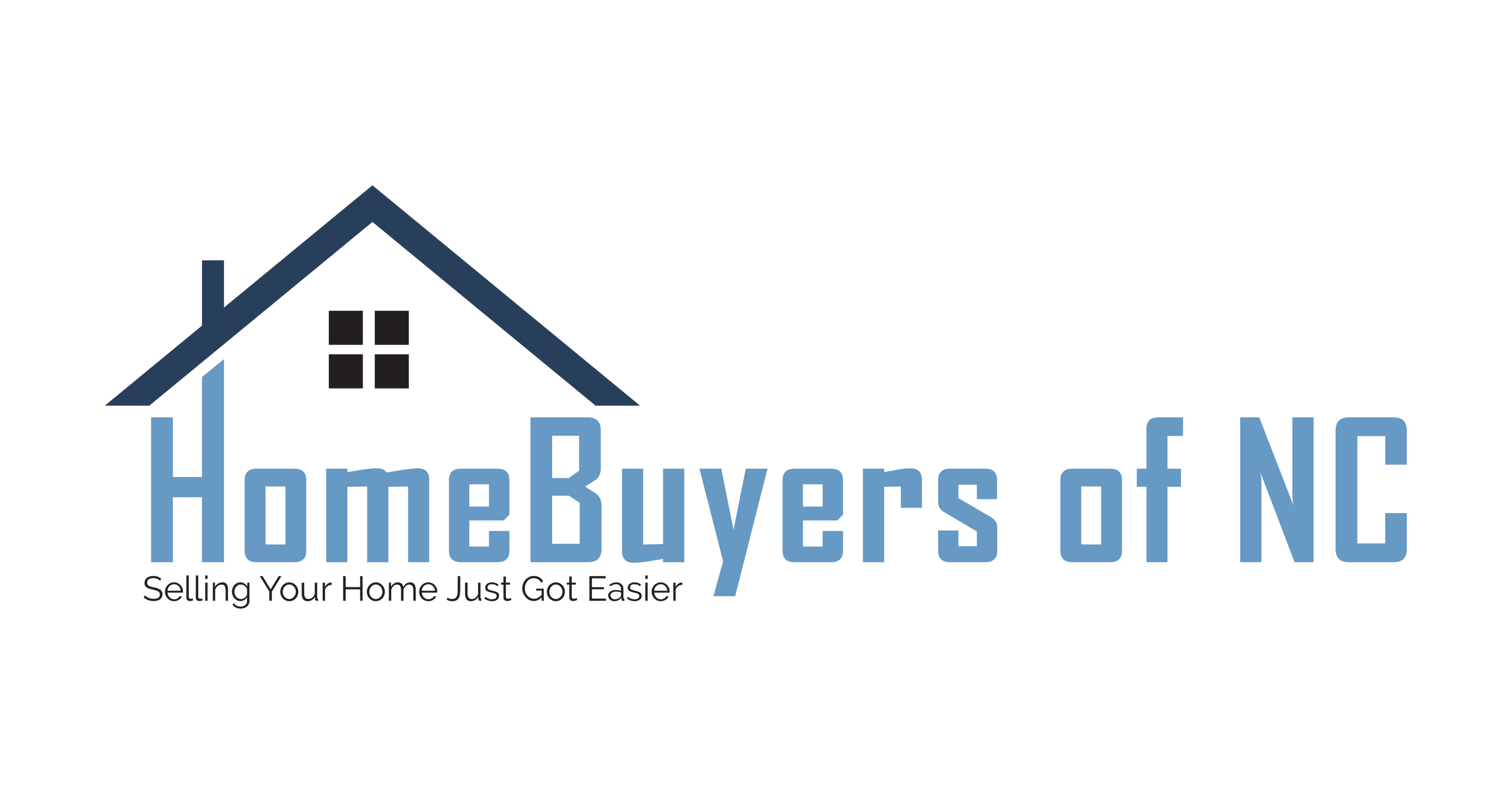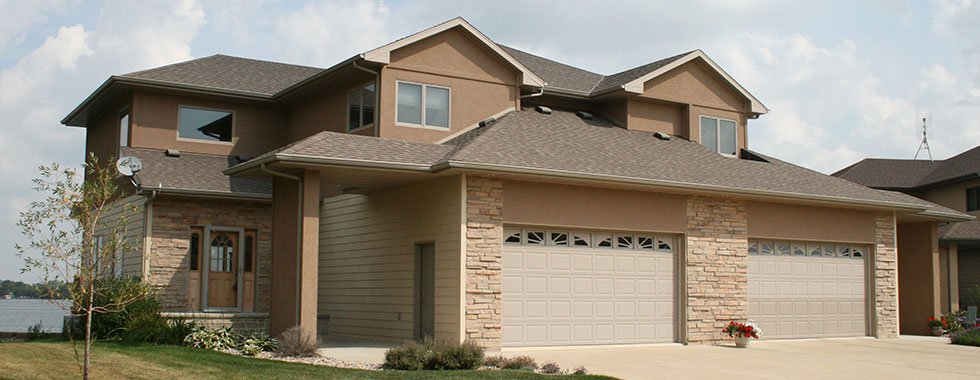
Introduction:
The threat of foreclosure can cast a shadow of uncertainty and stress over homeowners in Wilmington, North Carolina. However, amidst the challenges, there are avenues for homeowners to explore, strategies to employ, and resources to tap into to avoid the dire consequences of losing their homes. In this comprehensive guide, we delve into the multifaceted approach to foreclosure prevention, offering detailed insights and actionable steps tailored to the unique circumstances of Wilmington residents.
Understanding Foreclosure:
Foreclosure is a legal process through which a lender repossesses a property due to the homeowner’s failure to keep up with mortgage payments. In Wilmington, NC, the foreclosure process follows state laws and typically involves stages such as pre-foreclosure, foreclosure auction, and post-foreclosure eviction. Understanding these stages and the associated legalities is crucial for homeowners facing the threat of foreclosure.
Proactive Financial Planning:
- Budgeting: Establishing a detailed budget is the cornerstone of proactive financial planning. By meticulously tracking income and expenses, homeowners can identify areas where they can trim costs and allocate more funds towards mortgage payments.
- Emergency Fund: Building an emergency fund acts as a financial safety net during unforeseen circumstances such as job loss, medical emergencies, or major home repairs. Having readily accessible savings can prevent missed mortgage payments and mitigate the risk of foreclosure.
- Communication with Lenders: Transparent communication with lenders is paramount when facing financial hardships. Lenders may offer forbearance, repayment plans, or loan modification options to assist homeowners in distress. Initiating dialogue with lenders early on demonstrates a proactive approach to resolving financial difficulties.
Explore Loan Modification:
- Loan modification involves restructuring the terms of the existing mortgage to make it more affordable for the homeowner. This may entail lowering the interest rate, extending the loan term, or reducing the principal balance.
- Homeowners can initiate the loan modification process by contacting their lenders and submitting a formal request along with supporting financial documentation. Seeking guidance from housing counselors or legal experts can facilitate the negotiation process and increase the likelihood of a favorable outcome.
Consider Refinancing:
- Refinancing presents an opportunity to replace the current mortgage with a new loan featuring more favorable terms, such as a lower interest rate or extended repayment period.
- Homeowners can explore refinancing options offered by various lenders to determine if they qualify for a more affordable loan. Factors such as credit score, equity in the property, and debt-to-income ratio will influence eligibility and the potential savings from refinancing.
Seek Government Assistance Programs:
- Government-sponsored programs provide financial assistance and support to homeowners facing foreclosure.
- The Home Affordable Modification Program (HAMP), administered by the federal government, offers loan modification options to eligible homeowners, aiming to reduce monthly mortgage payments to sustainable levels. Additionally, state-specific programs like the North Carolina Foreclosure Prevention Fund provide financial assistance and counseling services to distressed homeowners.
Explore Alternatives to Foreclosure:
- Short Sale: A short sale involves selling the property for less than the outstanding mortgage balance, with the lender’s approval. While it may result in a negative impact on credit scores, it allows homeowners to avoid the foreclosure process and settle their mortgage debt.
- Deed in Lieu of Foreclosure: With a deed in lieu of foreclosure, homeowners voluntarily transfer ownership of the property to the lender, satisfying the mortgage debt and avoiding foreclosure proceedings. Negotiating favorable terms with the lender can minimize the adverse effects on credit and facilitate a smoother transition.
Seek Legal Advice:
- Consulting with a qualified real estate attorney specializing in foreclosure defense is advisable for homeowners navigating the complexities of the foreclosure process.
- An attorney can assess the homeowner’s legal rights, review the terms of the mortgage agreement, and provide personalized guidance on available options. Legal representation can be instrumental in challenging foreclosure proceedings, negotiating with lenders, and exploring alternative resolutions.
Conclusion:
In conclusion, avoiding foreclosure in Wilmington, NC requires a proactive and informed approach. Homeowners facing financial difficulties should consider various strategies such as negotiating loan modifications, exploring short sales, consulting with HUD-approved counselors, and considering legal options like bankruptcy. Early action is crucial, as it provides more opportunities to find a solution that can prevent the loss of your home. Additionally, homeowners can seek assistance from Homebuyers of NC, which offers expert advice and support tailored to the unique challenges of the Wilmington area. By leveraging these resources and strategies, residents can navigate the complexities of foreclosure and work towards preserving their financial stability.

